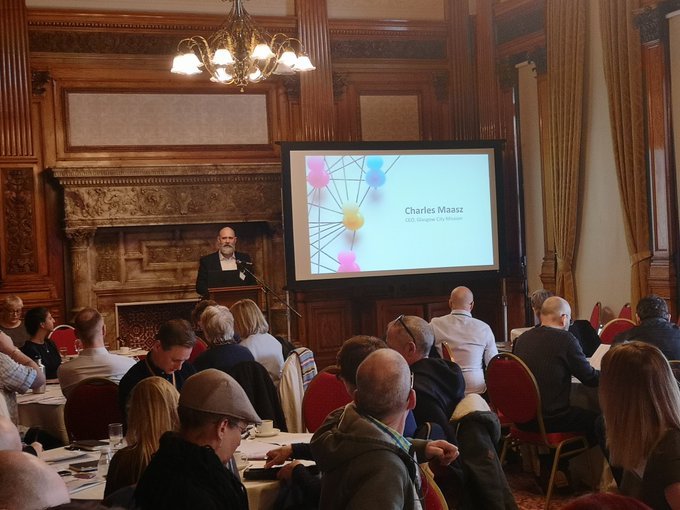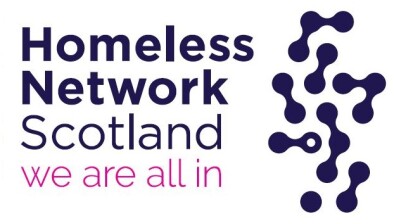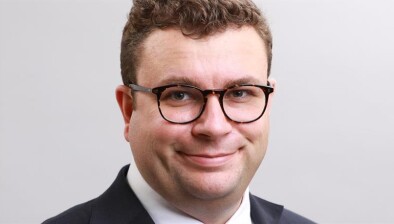Homeless Network Scotland hosts rough sleeping summit in Glasgow
Homeless Network Scotland has hosted a networking event focused on rough sleeping at Glasgow City Chambers.

Charles Maasz speaking at the Join The Dots event
The event brought together representatives of the key organisations concerned with homelessness in the city, including members of the new Glasgow Alliance to End Homelessness, the Glasgow Health & Social Care Partnership, grassroots networks offering support to people sleeping rough in Glasgow, and representatives from the Institute of Global Homelessness (IGH) based in Chicago.
The event, titled Joining the Dots, ‘sold out’ all its 90 free tickets within hours of being made available, demonstrating the strongest will in Glasgow for tackling rough sleeping, the most damaging and dangerous form of homelessness.
This commitment was the focus of opening remarks from Councillor Mhairi Hunter with a reflective keynote from Susanne Millar, interim chief officer of Glasgow City Health and Social Care Partnership, on the importance of honest, authentic partnership to drive change.
The event was the start of a new conversation on how to end street homelessness in Scotland’s largest city, bringing people closer together to support partnership working in the future and better outcomes for people. It was also an opportunity for straight-talking around concerns and frustrations relating to rough sleeping – what works, and what’s getting in the way.
Charles Maasz, chief executive of Glasgow City Mission, who chaired the event, said: “It was a blessing to be able to chair this event, bringing together many different perspectives, all of whom want to see an end to rough sleeping once and for all.
“As an Institute of Global Homelessness (IGH) Vanguard City, Glasgow’s public commitment to reduce rough sleeping is one that all partners want to see come to pass. Only by working together, collectively, will we achieve this.”
Glasgow is one of 13 cities leading a global campaign to reduce and ultimately end street homelessness across 150 cities by 2030. Lydia Stazen, executive director of Institute of Global Homelessness, described that Glasgow has all the right ingredients to achieve its ambition and much closer than it thinks when compared to some of the bigger challenges and scale affecting other cities.
Across the day, participants heard from Professor Suzanne Fitzpatrick about what works to end rough sleeping, consulted on a new approach to measure and report on the numbers of people living or sleeping rough, in and beyond the city centre – with the intention that going forward, more organisations including grassroots voluntary groups can be involved in this.
Maggie Brunjes, chief executive of Homeless Network Scotland, which organised the event, said: “There are many conversations and actions taken on street homelessness in Glasgow in different places, but all with the same goal. So we wanted to bring those diverse voices together to share knowledge and insight and kick-start fresh efforts to get a grip of this issue in Glasgow together. We know it can be done.
“A vital component of the current debate is how we measure street homelessness in a way that has everyone’s support – with a new conversation taking place that includes charities, academics, Glasgow City Health & Social Care Partnership the Scottish Government and others to review the way we do this and feed into national conversation on the same theme. Today’s discussion moved that forward.”
Amanda Bennett, senior partnerships manager at Frontline Network, who sponsored the event, said: “Today’s event was a great opportunity for people working on the frontline of homelessness, paid staff, volunteers and people with personal experiences, to come together to network, break down silos and improve knowledge and understanding of the most recent thinking and policy developments.
“It was also a space for services to underline the critical role that frontline workers have in feeding into the wider conversations taking place in Scotland.”






